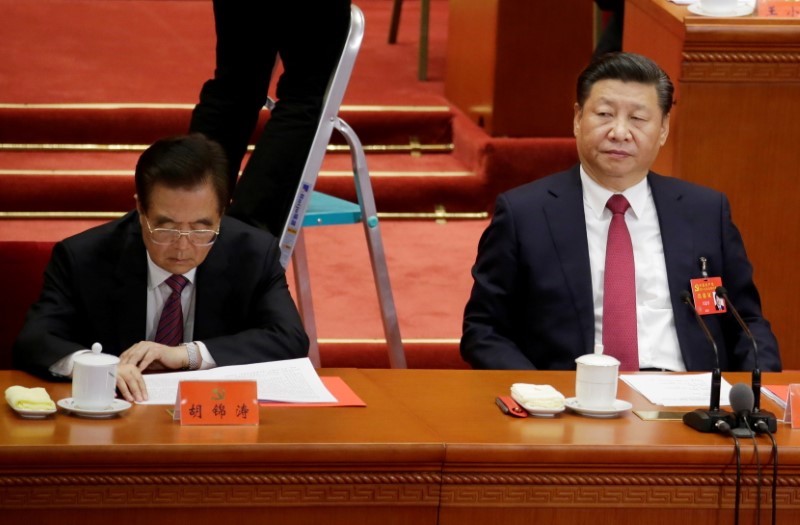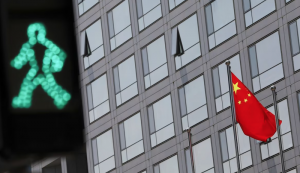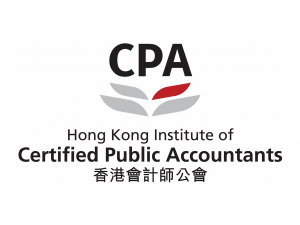China’s regulators have turned their gaze on stamping out fraud following a string of scandals that undermined investor confidence in the nation’s financial sector.
Officials said Monday they will tighten scrutiny over accounting firms in a fight against financial forgery, vowing “zero tolerance” toward misconduct.
The guidelines, published by China’s State Council, or cabinet, come as Beijing launches a flurry of regulatory crackdowns against sectors ranging from consumer technology to tutoring.
China will publish detailed rules on the supervision of accounting firms, and will increase the frequency of inspections, while stepping up punishment, the guidelines said.
It will also crack down on misconduct including unlicensed accounting, online hawking of auditing reports, and leakage of confidential information, the State Council said.
Dented Confidence
Meanwhile, Chinese regulators will cooperate on cross-border supervision of accounting and auditing, in a bid to safeguard China’s economic and information security.
China is stepping up efforts to open its stock and bond markets to global investors, while also channelling household deposits into the country’s capital markets to help fund innovation and economic growth.
But investors’ confidence has been dented in recent years by a slew of scandals, including high-profile accounting fraud by Kangde Xin Composite Material Group and Kangmei Pharmaceutical.
China’s State Council said on Monday that accounting firms have not fully played their role as “gate keepers” of capital markets, which have often witnessed cases of financial forgery and inaccurate accounting information.
Securities Watchdog
The guidelines didn’t provide specifics regarding cross-border cooperation, only saying the move would help enhance China’s international credibility and influence.
China’s securities watchdog said on Friday it would create conditions to cooperate with the United States on auditing supervision.
Washington plans to delist Chinese firms listed in the United States that fail to meet its auditing requirements.
- Reuters, Mark McCord
























